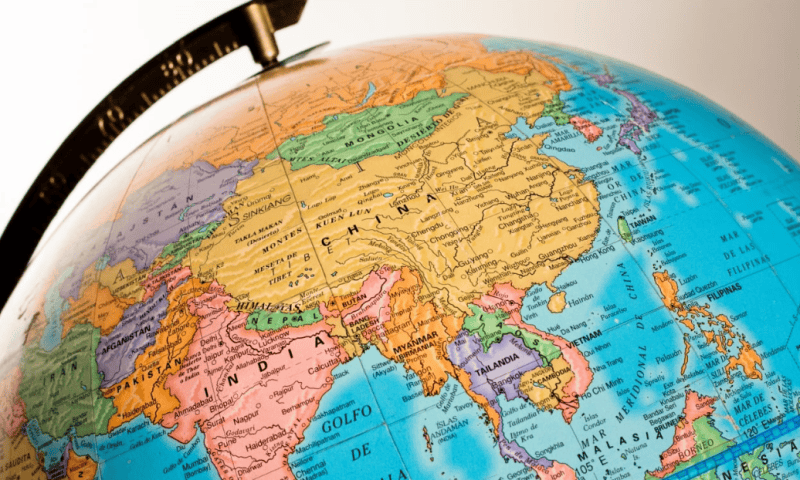Takeda has entered into a restructuring to achieve “organizational simplicity.” Innovent Biologics’ GLP-1R/GCGR dual agonist, licensed from Eli Lilly, has notched a second positive phase 3 readout. A BIO survey of biopharma companies indicated that a sudden break-off from Chinese CDMOs could harm millions of patients. And more.
1. As Vyvanse generics bite, Takeda sets out on $900M restructuring plan
Takeda culls cancer, gut and inflammation drugs in R&D rethink
Takeda has launched a multiyear restructuring to improve its bottom line. The Japanese pharma will “reduce layers” and “refine operating models,” a spokesperson said. The company didn’t specify the number of employees that will be impacted but said there will be changes to various roles over time. In terms of R&D, the company ended a phase 2 CD19 CAR-NK cell program in B-cell cancers, along with a SUMO inhibitor, an anti-CD38 antibody in certain indications, a nausea candidate and others.
2. Lilly’s next-gen obesity drug brings Innovent a phase 3 win in diabetes
After a positive readout in obesity, Innovent Biologics has bagged another phase 3 win for its GLP-1R/GCGR dual agonist candidate mazdutide, the China rights to which it licensed from Eli Lilly. In the DREAMS-2 trial in Chinese patients with Type 2 diabetes, mazdutide demonstrated improved HbA1c levels compared with Lilly’s GLP-1 drug Trulicity.
3. Industry’s sudden decoupling from Chinese CDMOs could harm millions of patients, BIO warns lawmakers
Hastily cutting ties with Chinese CDMOs could harm millions of patients, the Biotechnology Innovation Organization told lawmakers after conducting a survey of its members. Industry respondents to the survey estimated that it would take up to eight years to switch manufacturing partners for approved medicines.
4. As rival Merck monopolizes BCG supply, ImmunityBio taps Serum Institute for new combo’s manufacturing
To solve a long-lasting shortage of the Bacillus Calmette-Guérin (BCG) vaccine so the bladder cancer immunotherapy can be paired with its newly FDA-approved Anktiva, ImmunityBio has partnered with the Serum Institute of India. The Indian company will produce BCG at large scale for use alongside Anktiva. Merck & Co. is currently the sole supplier of BCG in the U.S., and its Keytruda is a competitor to Anktiva.
5. A surprise leader for April’s largest TV drug ad spender as Otsuka, Lundbeck knock AbbVie from its perch
Otsuka and Lundbeck’s Rexulti surprisingly surpassed AbbVie’s Skyrizi as the largest U.S. TV drug ad spender in April, according to data from iSpot.TV. The partners spent $30.2 million for the atypical antipsychotic. AbbVie, which has consistently dominated these monthly lists, spent $200,000 less on its immunology blockbuster Skyrizi. AbbVie’s spend on its other immunology rising star, Rinvoq, came in third.
6. BeiGene telegraphs potential delay in FDA first-line ESCC decision for Tevimbra
The FDA’s decision for BeiGene’s PD-1 inhibitor Tevimbra in first-line esophageal squamous cell carcinoma may not come by the agency’s target decision date in July, the company warned in its quarterly report. The problem lies in a potential delay in scheduling clinical site inspections. Still, a BeiGene spokesperson said the company still expects to launch the drug, which has a second-line nod, this year.

